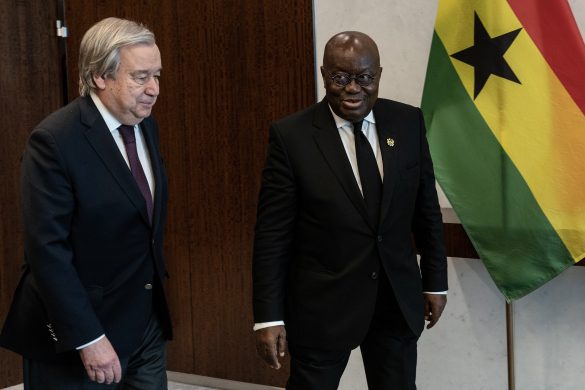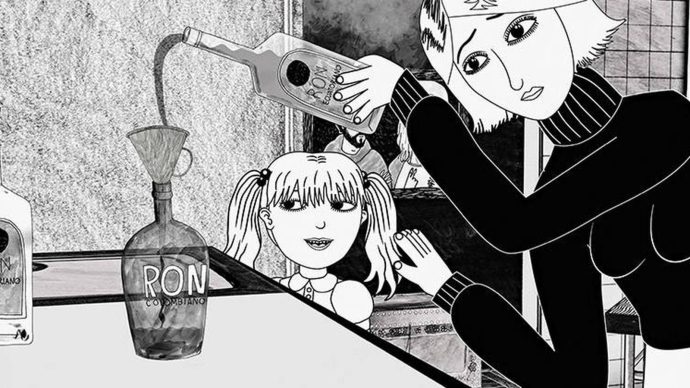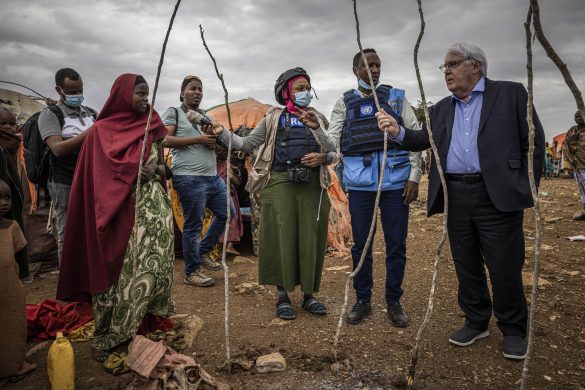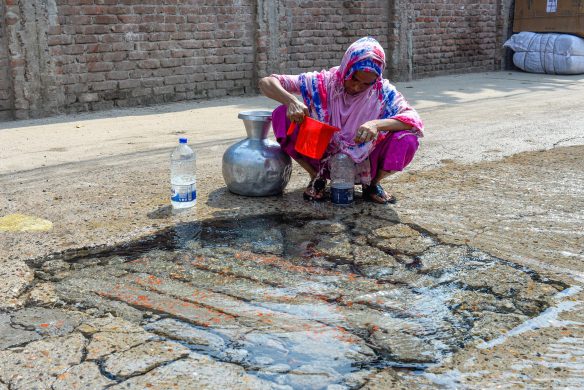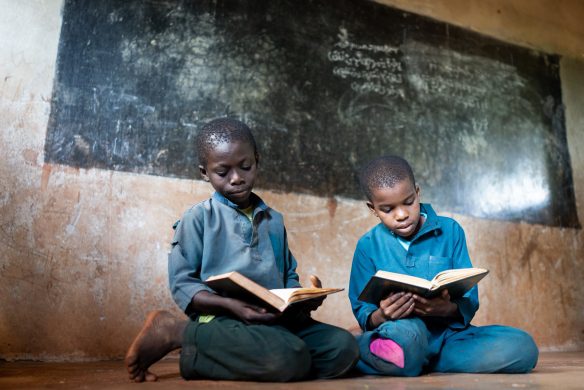Syv FN-organisationer slog sig i 2010 sammen om at udvikle et forsømt byområde i Colombia i stedet for at gå ind hver især hist og pist – det er den såkaldte human security approach, som vi formentlig kommer til at høre meget mere til fremover.
NEW YORK, 7th May, 2013 (OCHA): Wednesday (8 May), UN Secretary-General Ban Ki-Moon and other dignitaries will take part in an event that will chart a future course for human security, an approach that integrates peace and security, development, and human rights.
Far away from the event, taking place in New York, communities in dozens of countries around the world can attest to the value of this approach.
The city of Soacha sits on the south-east fringes of Colombia’s sprawling capital Bogota. It is home to about 450.000 people, who are among the most vulnerable in the country.
Few inhabitants have access to basic social services. Many live in informal housing, and are exposed to high levels of violence, criminality, unemployment and environmental degradation.
Their needs are severe and varied, and cannot be addressed by any individual humanitarian agency or NGO working in isolation.
In May 2010, seven UN agencies along with a number of local partners began a project to address these issues comprehensively (samlet).
The project, funded by the United Nations Trust Fund for Human Security (UNTFHS), aimed to help communities play a bigger role in decision-making and to empower them to act on their own behalf.
Epifania´s story
Epifania lives in Altos de la Florida, one of Soacha’s settlements. She was involved in the project from its inception.
“I participated in different ways… from the formulation to the implementation. I helped the agencies to define the best way to work with and for the community”, she explains.
The project involved a range of activities, each designed to address specific issues identified by communities.
In Altos de la Florida, for example, many people live in illegally constructed houses and lack information about their rights.
With support from OCHA, the United Nations Development Programme (UNDP) and the UN Refugee Agency (UNHCR), community members and leaders established an Association for Property Rights to inform people about their legal status.
Elsewhere, UNHCR has helped community members set up a local group to provide a voice for displaced (fordrevne) people living in Soacha.
A recent report by the Internal Displacement Monitoring Centre and the Norwegian Refugee Council found that Colombia had the highest number of displaced in the world in 2012. The group was involved in revising local public policy on this group and providing greater protection for them.
Rights and opportunities
Community-leader Liliana took part in this process.
”When I had to leave my previous town, it was very useful to receive all the information about my rights and opportunities,” she says adding:
“Now I have become a kind of expert on issues concerning displaced people. That is why I like to work for my community; to bring them all the information I know.”
Other projects included the establishment of 500 community gardens (fælles-haver) to address food security concerns (with support from the Food and Agriculture Organization (FAO)), and a campaign to help people run healthier homes, supported by the Pan American Health Organization.
Over 200 projects in more than 85 countries
Læs videre på
http://www.unocha.org/top-stories/all-stories/high-level-event-map-future-human-security-approach
OCHA er FNs Kontor for Koordinering af Humanitære Anliggender.








